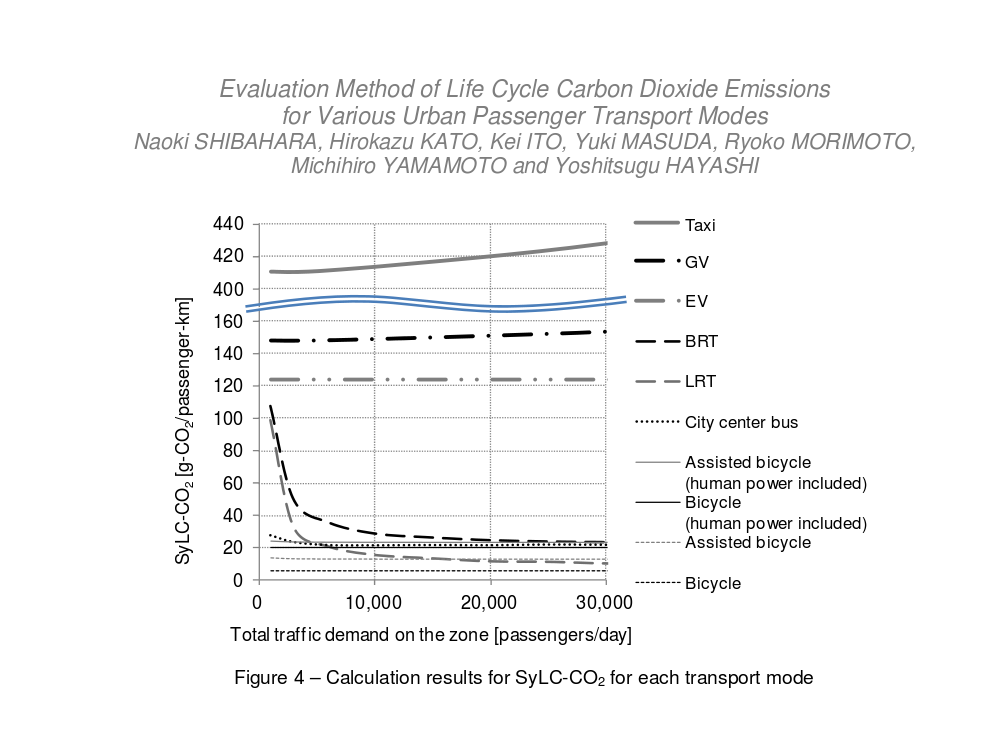You often hear "Walk, it's better for the environment", but is that actually true?
If I walk 5 miles instead of taking say a public bus, given that I now will need to replace the energy I spent walking with food which has a cost on the environment to grow, which would really be more environmentally friendly? Given that the bus would be running anyway, so the only cost is hauling my extra weight on it. How do electric cars compare?
Cycling would cost me less energy, but then there's the wear and tear on my bicycle which again has a cost on the environment that is presumably greater than the food cost. Roller blades seem to last a long time (or is that because I rarely used mine?) so could they be more efficient? Would sailing be a more environmentally friendly mode of transport than walking? Again there's wear and tear on boat parts, but over a long distance humans would need a considerable amount of food and fresh water.
